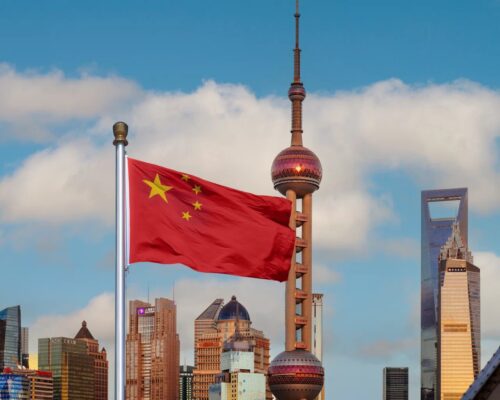
Financial Times: Trump may transform the Caucasus, but without a clear security strategy, the promise of peace could quickly unravel
Following decades of conflict that culminated in 2023 in an Azerbaijani victory over Armenia, an unlikely scene unfolded in Washington on Aug. 8, the Financial Times writes.
US President Donald Trump unveiled a preliminary peace deal between Baku and Yerevan. At its heart was an agreement under which Armenia will grant the United States a 99-year lease to develop the strategically vital Zangezur corridor — a strip of land running through Armenia that links Azerbaijan to its Nakhijevan exclave, with the potential to further boost the region’s transit potential and open new opportunities for western investment.
“The project — branded the Trump Route for International Peace and Prosperity (TRIPP) — could bring rivals together, boost cross-border trade and serve as a showcase for diplomacy-driven infrastructure.
Crucially, it would bypass both Iran and Russia and could help normalize ties between Turkey and Armenia, whose border has been closed since 1993,” the publication states.
Tehran has already threatened to block the initiative. For Moscow, it would mark a strategic setback, eroding its control over regional transit and accelerating Armenia’s drift towards the west. For Trump, brokering peace between Azerbaijan and Armenia — both now estranged from Moscow — offers a safer stage on which to cast himself as a global peacemaker than his efforts to end the war in Ukraine. Under the terms of the agreement, the corridor will be developed and managed by US companies and will include communication and rail lines as well as oil and gas pipelines. Armenia has long resisted plans to develop Zangezur, seeing it as a threat to sovereignty, a strategic opening for Azerbaijan and a lingering emblem of defeat in the 2023 war. The prospect of an “extraterritorial” passage beyond Yerevan’s control, and the risk of souring ties with Iran, made the project politically toxic. Trump’s deal attempts to address those objections by keeping the route under Armenian jurisdiction, with border and customs oversight anchored in Yerevan. As much as personal legacy and commercial gain may come first for Trump, a renewed US presence — and the commercial incentives it brings — in a region long dominated by Moscow could be a game-changer.
“For decades, Russia kept the conflict frozen, exploiting its military footprint and role as mediator to pressure both Armenia and Azerbaijan. With Moscow bogged down in Ukraine, Baku seized the moment in 2023 to press its advantage, while Russia’s unwillingness to back Armenia doomed their alliance,” the publication states.
Since its victory, Azerbaijan has pursued a more assertive foreign policy and relations with Moscow soured further after Baku accused Russian air defenses of downing an Azerbaijan Airlines passenger jet last year. Russia’s weakness, coupled with renewed western interest in the region’s transit potential, has driven both Baku and Yerevan closer to the EU and Washington — in effect sidelining Moscow. Renewed US engagement in the South Caucasus poses an awkward challenge for neighboring Georgia, which has drifted rapidly from strategic partnership with Washington into anti-American rhetoric. Trump’s overtures to Tbilisi’s neighbors risk fueling pressure at home from a largely pro-western public, frustrated at seeing Georgia sidelined. Long a beneficiary of its role as a key regional transit hub, Georgia now risks geopolitical isolation unless it recalibrates its stance toward the west.
Real challenges could still emerge. Armenia’s Prime Minister, Nikol Pashinyan, faces a perilous year ahead of parliamentary elections in 2026. Despite its diminished regional role, Russia still maintains a military base in Armenia and a well-honed toolkit for political interference. The timing is ripe for the Kremlin to exploit: pro-Russian candidates can be packaged as defenders of Armenian nationalism. In the wake of its diplomatic rupture with Baku, Kremlin propagandists have already issued threatened economic retaliation and even floated the prospect of a “special military operation” targeting Azerbaijan. If Washington is serious about an enduring role, it must work with the EU to ensure political backing, financial oversight and security guarantees. A deal envisaging critical infrastructure development plans will inevitably be vulnerable to Russian and Iranian sabotage operations. Without a clear security strategy, the promise of peace could quickly unravel.


